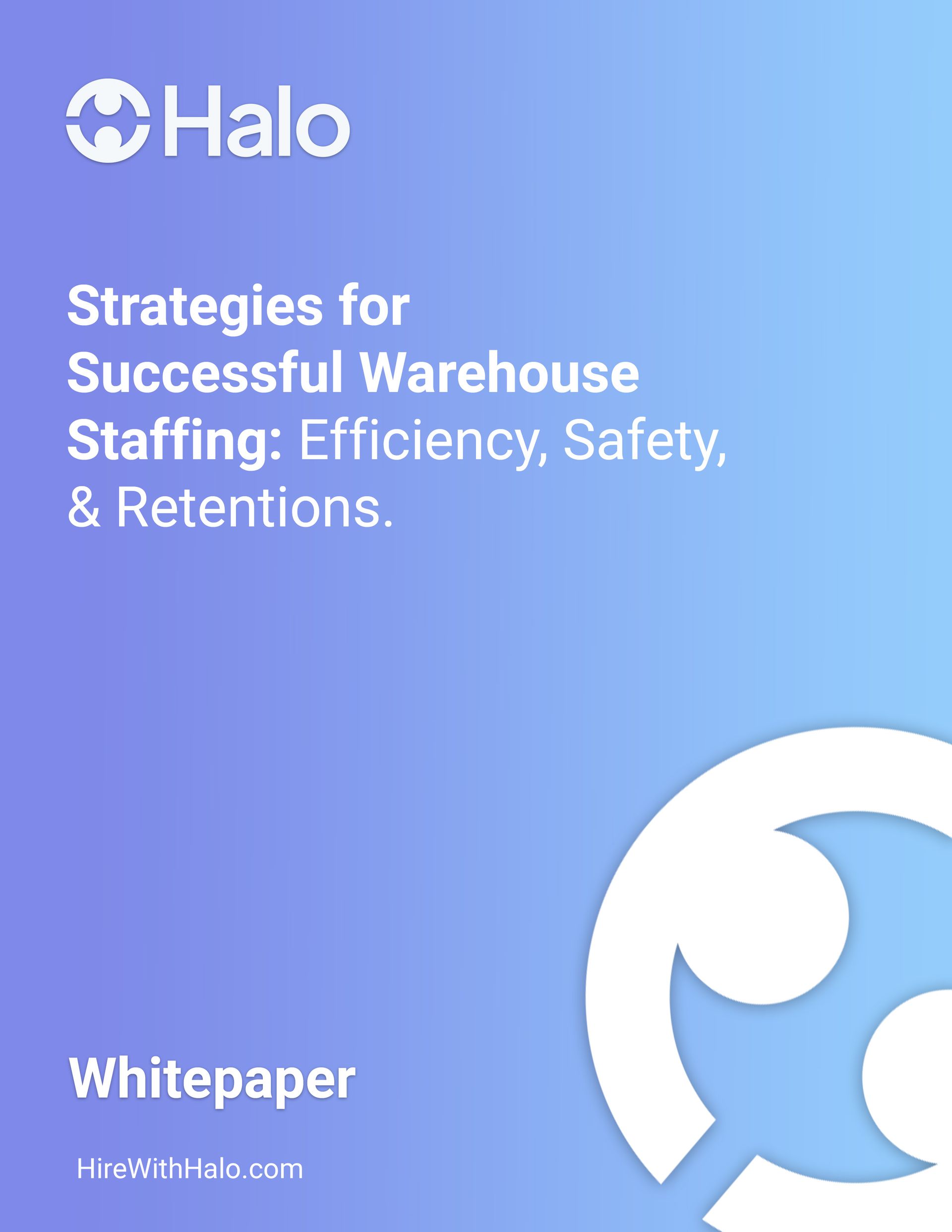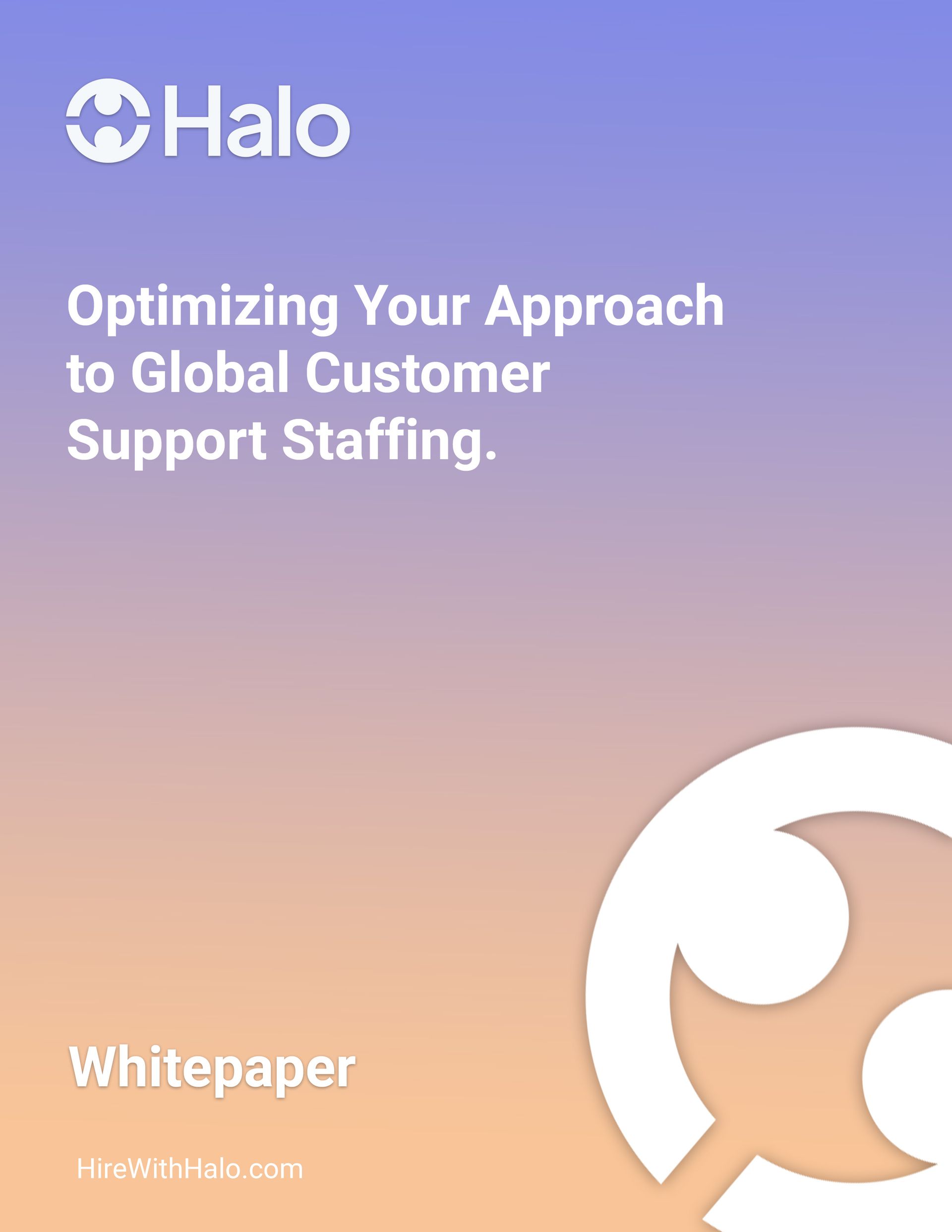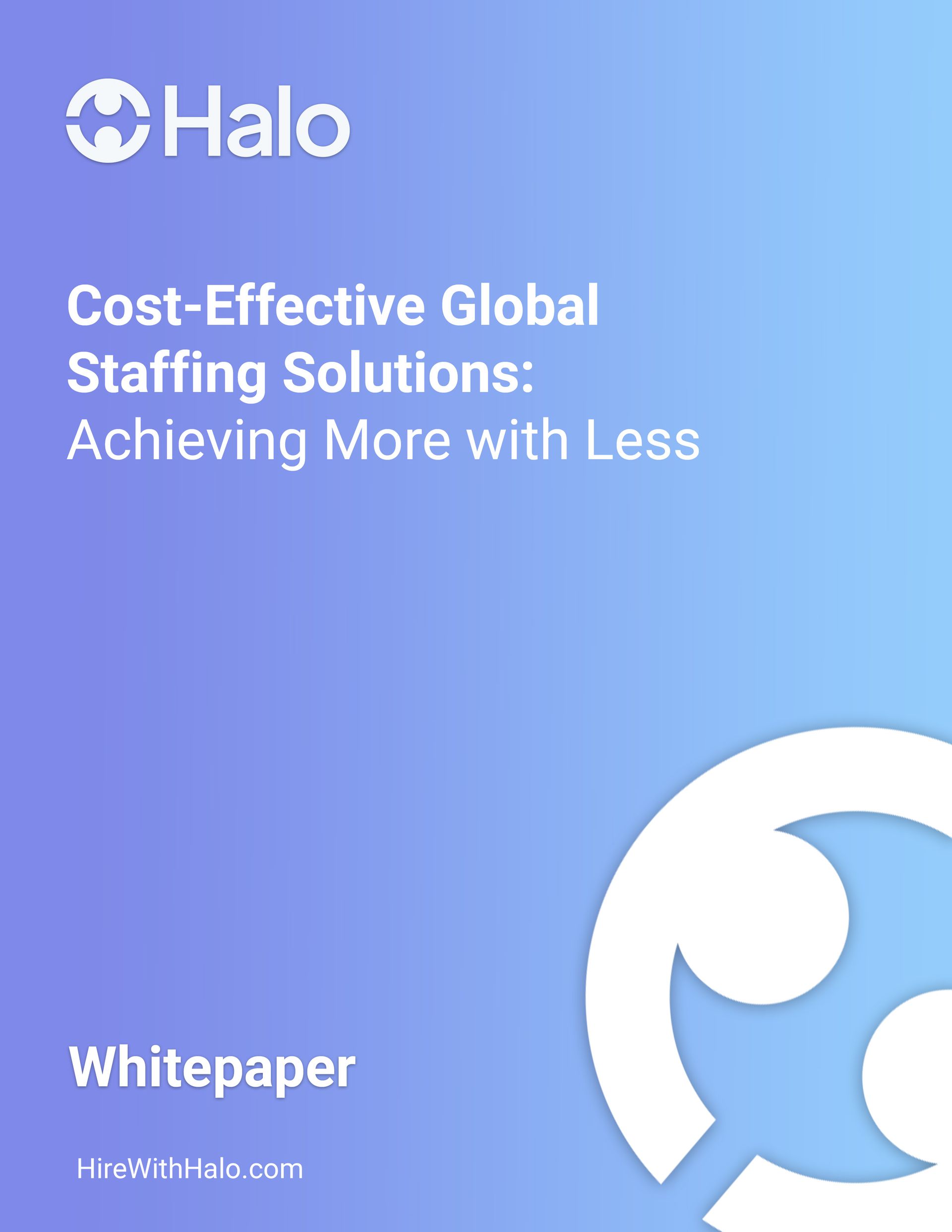
Innovative Engineers and IT Talent:
A Global Recruitment Blueprint
Introduction
In the dynamic world of technology, the sectors of engineering and IT stand at the forefront of innovation and evolution. These fields drive the future, shaping everything from the way we communicate to how we solve the world’s most complex problems. Yet, as technology advances at an unprecedented pace, the challenge of attracting and retaining top-tier talent becomes increasingly acute. This whitepaper delves into the intricacies of global recruitment within these fast-paced domains, highlighting the hurdles and opportunities that define the contemporary landscape.
Overview of the Current Landscape in Engineering and IT Sectors.
The demand for skilled engineers and IT professionals has never been higher. As businesses across the globe strive to innovate and stay ahead of technological trends, the need for creative, problem-solving minds that can navigate the complexities of modern tech is paramount. However, this demand also reveals a stark reality: a global shortage of individuals who possess the required technical prowess and the ability to adapt to rapidly evolving environments. This gap presents a significant challenge for organizations looking to scale and sustain their competitive edge.
Highlighting the Challenges in Recruiting and Retaining Top-Tier Tech Talent Globally.
Securing world-class tech talent is fraught with obstacles, from cultural and linguistic barriers to differing educational standards and expectations. Companies must navigate a landscape where the competition for skilled individuals is fierce, and the stakes are high. The challenge extends beyond mere recruitment; it encompasses the retention of talent in an industry known for its high turnover rates. Businesses must offer more than competitive salaries—they need to provide environments where innovation thrives and opportunities for personal and professional growth are abundant.
Section 1: The Evolving Tech Talent Landscape.
- Discussion on How Emerging Technologies are Shaping the Demand for New Skills: The rapid emergence of technologies such as artificial intelligence, machine learning, blockchain, and the Internet of Things (IoT) is not just transforming industries—it’s reshaping the very nature of work itself. This evolution demands a new breed of engineer and IT professional, one who is not only technically proficient but also agile, lifelong learners who can adapt to new tools and methodologies with ease. The intersection of these technologies presents both a challenge and an opportunity for recruitment strategies.
- Insights into the Global Shortage of Skilled Engineers and IT Professionals: The global shortage of engineers and IT specialists is a multifaceted issue, influenced by factors such as the lag in education systems to keep pace with technological advancements, regional disparities in access to quality STEM education, and the migration of talent towards more lucrative markets. This scarcity is felt acutely across sectors, from startups to multinational corporations, and represents a critical barrier to innovation and growth. Addressing this shortage requires a concerted effort to not only enhance educational and training programs but also to make the tech industry more accessible and appealing to a diverse pool of potential talent.
In crafting a global recruitment blueprint for innovative engineers and IT talent, it’s essential to consider these foundational challenges and opportunities. The subsequent sections of this whitepaper will explore strategic approaches to attracting, evaluating, and retaining the best minds in tech, ensuring that businesses are not just participants but leaders in the technological revolution.
Section 2: Attracting Top Talent.
- The Role of Competitive Benefits in Attracting Top Candidates: In the competitive landscape of engineering and IT, offering enticing benefits goes beyond traditional incentives. Companies must think innovatively, providing packages that cater to the holistic well-being of their employees. This includes flexible working conditions, continuous learning opportunities, health and wellness programs, and stock options. Such benefits not only attract top talent but also signal a company's commitment to its team's growth and satisfaction.
- Strategies for Appealing to a Diverse Global Talent Pool: To tap into the global talent pool effectively, businesses need to adopt a multifaceted approach. This involves leveraging digital platforms for remote recruiting, offering language training and cultural integration programs, and ensuring policies and practices are inclusive. By fostering a welcoming environment for talent from various backgrounds, companies can enrich their team’s diversity, driving innovation and creativity.
- Importance of Employer Branding and Company Culture in Recruitment: A strong employer brand and a positive company culture are critical in attracting high-caliber candidates. These elements should reflect a company's values, mission, and vision, showcasing an environment where talent can thrive. Engaging content, transparent communication, and employee testimonials can help in painting a vivid picture of what it’s like to work at the company, making it a desirable place for prospective employees.
Section 3: Overcoming Evaluation Challenges.
- Challenges of Evaluating Technical Skills Across Different Education Systems and Professional Backgrounds: Assessing technical skills presents a unique set of challenges, given the diverse educational systems and professional backgrounds of global candidates. Companies must develop standardized yet flexible evaluation criteria that can accurately measure technical abilities while considering the nuances of different educational qualifications and work experiences.
- Best Practices for Assessing Technical Competencies and Potential for Growth: Implementing practical assessments, such as coding tests, project simulations, and problem-solving exercises, can provide insights into a candidate's technical skills and their ability to innovate. Additionally, integrating peer reviews and team interviews in the evaluation process can help assess how a candidate's skills and potential for growth align with the company’s needs.
- The Role of Soft Skills in the Selection Process for Tech Roles: Soft skills, including communication, teamwork, and adaptability, are increasingly recognized as essential components in the tech industry. Companies should incorporate assessments of these competencies into their recruitment processes, recognizing that technical skills can be taught, but soft skills are often inherent and critical for long-term success in dynamic team environments.
Section 4: Building a Flexible Recruitment Process.
- Importance of Agility in Recruitment Processes to Adapt to the Rapid Evolution of Tech Roles: In the fast-paced tech industry, agility in recruitment is paramount. Companies must be able to swiftly adapt their hiring strategies to keep pace with the evolution of tech roles and emerging technologies. This flexibility ensures that organizations remain competitive in securing top talent, who are often at the forefront of technological innovation.
- Techniques for Creating a Scalable and Efficient Recruitment Strategy: To develop a scalable and efficient recruitment strategy, companies should leverage a mix of traditional and innovative approaches. This includes optimizing job listings for SEO, utilizing social media for outreach, and harnessing data analytics to refine recruitment efforts. Building a talent pool and engaging with potential candidates through content marketing and community involvement are also key strategies.
- Utilizing Technology and Outsourcing (e.g., RPO) to Enhance Recruitment Efforts:
Technology plays a crucial role in modernizing recruitment processes. Applicant Tracking Systems (ATS), AI-driven candidate screening, and virtual interview platforms can streamline hiring, making it more efficient and effective. Additionally, outsourcing parts of the recruitment process to RPO (Recruitment Process Outsourcing) providers can offer access to a broader talent pool and specialized recruitment expertise, particularly for companies looking to expand globally.
Section 5: Looking Ahead.
- Future Trends in Global Tech Talent Recruitment: As we peer into the future of global tech talent recruitment, we see a landscape increasingly influenced by digital transformation. Virtual reality (VR) and augmented reality (AR) are set to revolutionize the interview and onboarding processes, offering immersive experiences that transcend geographical barriers. Additionally, the rise of data analytics will enable more personalized recruitment strategies, targeting candidates not just for their skills but for their potential fit within dynamic team environments.
- The Continuous Impact of Technological Advancements on Talent Acquisition: Technological advancements will continue to play a pivotal role in shaping talent acquisition strategies. AI and machine learning algorithms will refine the efficiency of candidate screening, while blockchain technology promises to enhance the verification of credentials and professional achievements. These innovations signify a shift towards more transparent, efficient, and equitable recruitment practices.
Conclusion.
This whitepaper has navigated the complex terrain of recruiting top-tier engineering and IT talent in a global context, highlighting the importance of agility, innovation, and a people-first approach. The strategies outlined here—ranging from competitive benefits to leveraging technology in recruitment—underscore the need for companies to adapt and evolve in their quest for the best minds in tech.

Slide title
Write your caption hereButton
Slide title
Write your caption hereButton
Slide title
Write your caption hereButton
Find the Right Candidate for Any Role.
Whether you're in the market for your next engineer, bookkeeper, or customer service representative, Halo has you covered. Halo can help you fill any open role.

Ashley B.
Sr. Content Marketing Manager
9 Years of Experience



